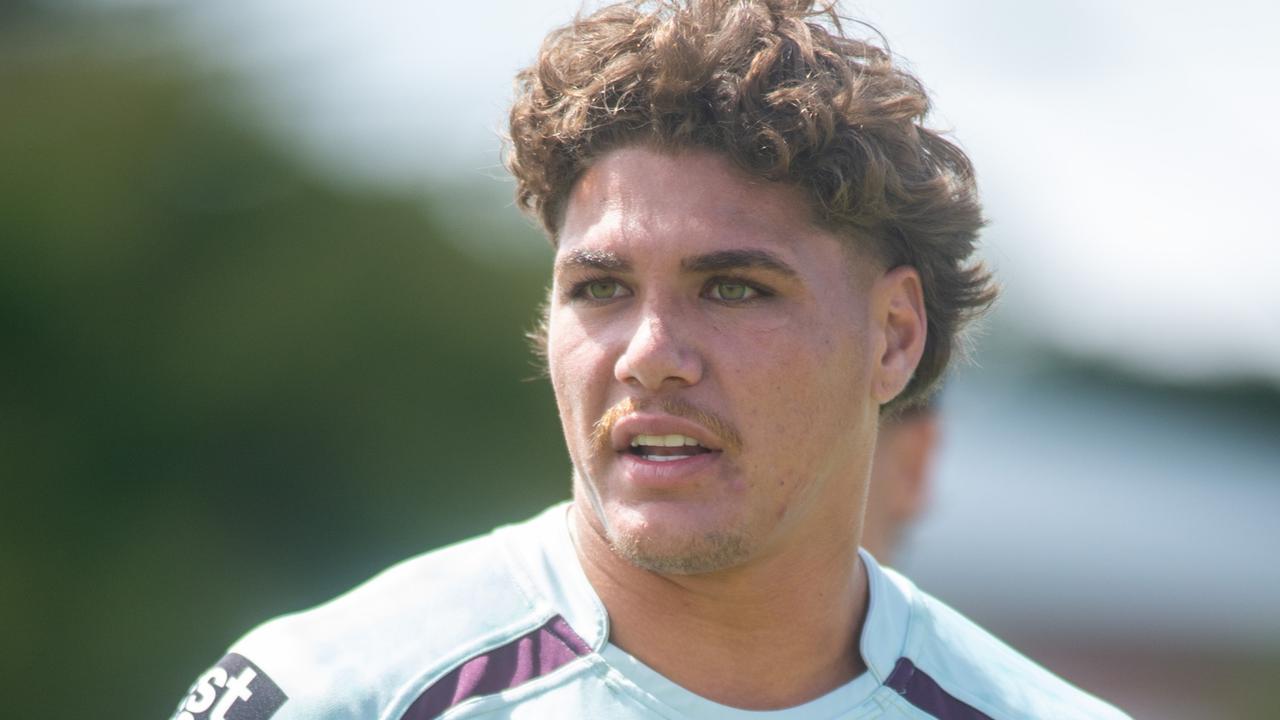How to stay healthy and sane in 2021
With Brisbane in the midst of a new lockdown, health experts warn of the importance to stay on top of our mental and physical health. Here are their tips.
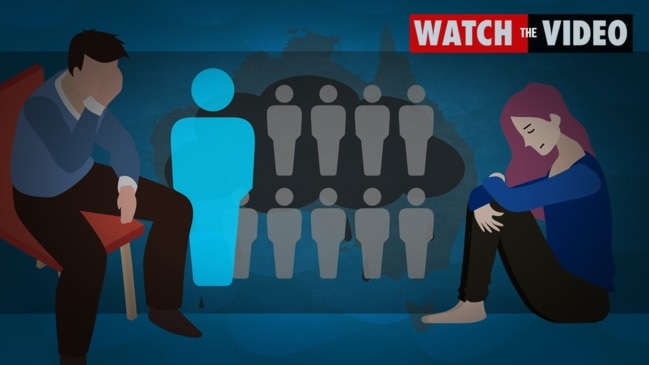
Lifestyle
Don't miss out on the headlines from Lifestyle. Followed categories will be added to My News.
The recent lockdown in Brisbane is a reminder the pandemic is far from over.
It’s why health experts have warned of the importance to stay on top of our mental and physical health.
It comes after many struggled to cope during the pandemic’s peak last year with Beyond Blue experiencing a 42 per cent increase in calls from March to December last year compared to the same time in 2019.
What came out of 2020 was how much our health became a priority as we watched how easily it could be stripped away.
In wake of the recent events, experts share their tips on the best ways to stay healthy to ensure we can safely face the next set of challenges.
Mental strength is key, says mindset coach Emily Chadbourne.
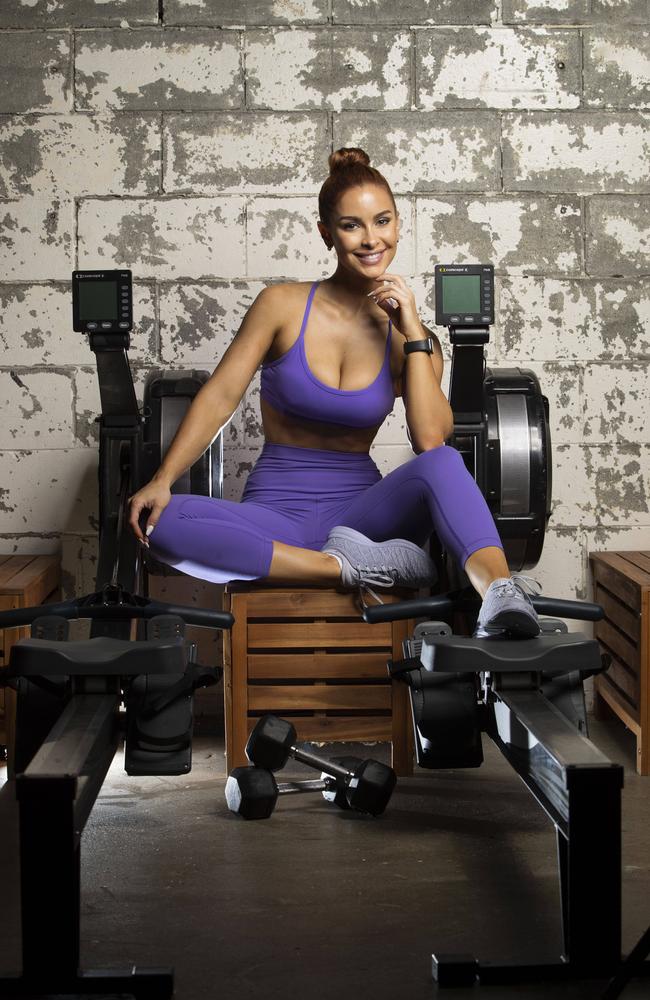
“Find certainty in what you can control, even if it’s as simple as controlling your breath,” she says.
“Have a strong morning routine because that certainty of doing the same thing every morning will help you balance the external uncertainties.
“Set achievable daily goals that have no outside influence, for example, drinking eight glasses of water, reading a chapter of your book or having an eight-minute dance party in your kitchen to your favourite Britney song.”
Beyond Blue lead clinical adviser Dr Grant Blashki says we should offer up more kindness, to each other and ourselves.
“Check your negative self-talk, actively challenge your thinking if you notice your thoughts starting to negatively spiral,” he says.
“Remind yourself that Australia is one of the best countries in the world to be during this pandemic, and remember that there is light at the end of the tunnel with wonderful scientific developments such as better treatments and vaccines rapidly developing.”
Dr Blashki issued a reminder that even though it’s a new year, you might not be feeling like a new you, and to continue to ask for help if you need it.
“Some of the biggest stressors in people’s lives have involved isolation, anxiety, finances and family stress,” he says.
“We’re pleased to see that many people made that important first step and reached out to us at Beyond Blue for support with these challenges, some for the first time.
“As a GP I noticed that the groups that really did it tough in 2020 were young people, especially those who lost their jobs, and also some of the older members of the community who have lost their sense of confidence during the pandemic.”
With COVID-19 outbreaks still playing out across the country, Dr Blashki says there’s likely to be ongoing impacts on people’s mental health.
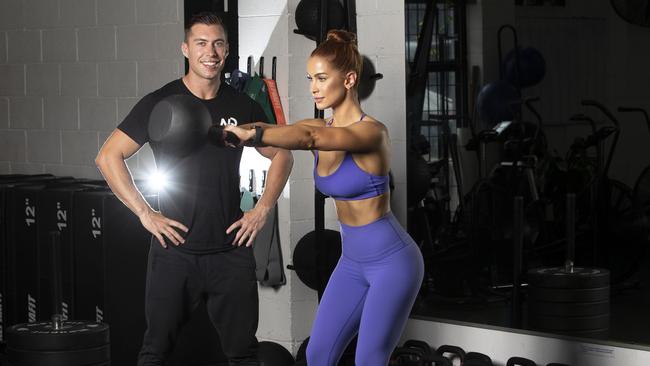
“There may be ongoing financial challenges for people going forward and these can affect our mental health,” he says. “It may be useful for people to consider the strategies they found beneficial for their wellbeing during 2020 and how they might build on them to strengthen their mental wellbeing in 2021.
“It’s important for people to keep a sense of hope and it turns out Australians are a generous lot.”
It wasn’t only the pandemic that tested limits last year with bushfires, the division around the US election and Black Lives Matter protests.
Chadbourne says the combination of them all drained us of patience, tolerance and compassion. And now with added uncertainties, she says it’s vital to stay positive.
“Our brain loves to dwell on the things that hurt us in the past and worry about what might hurt us in the future.
“One of the best ways to break these states is to think about someone other than yourself. Be of service and you’ll get out of your head.”
For Gold Coast fitness guru Ellie Gonsalves, 29, the most effective way to feel grounded when faced with adversity is focusing on fitness.
Gonsalves was in the US early last year and fled home to Australia when COVID-19 worsened. Despite the upheaval she says exercise is what kept her sane.
“I knew being active would improve my mental health and it would improve how I felt and a multitude of other things,” says Gonsalves, who is behind the Body by Ellie fitness program.
“I don’t see it as a chore but something that is really positive for my body and my mind.
“When you come at it from that angle, you’re not forcing yourself to go and work out, you enjoy it much more.”
Gyms were among the first casualties of COVID-19 restrictions and forced to close. It prompted a shift in the fitness industry as people found new ways to work out.
“People have realised they don’t need a gym to reach their health and fitness goals,” says Gonsalves.
“It is great to be able to go to the gym but last year we realised we could work out from home, you don’t have any excuses, you can get a workout done anywhere.”
Keeping active in whatever form you can manage is the top habit Gonsalves suggests and, to keep your goals realistic.
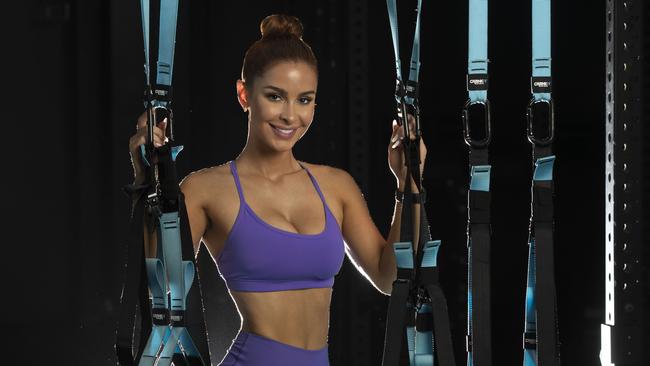
“Don’t feel bad about splurging over Christmas or celebrating with loved ones because it was a really rough year.
“If you do (splurge), eat healthily the next day and go for a walk, run or go to the gym, do something good for your body.
“Having some goals set for yourself, keeping consistent and having everything in moderation is the key, you can’t go wrong.”
Moving your body also does wonders for your mind, says Chadbourne, as she explains the most common habits that can lead to poor mental health.
“Spending too much time on social media and watching excessive news,” she says.
“It’s important to know how to keep yourself safe but feeding off fake news or comparing your life to an influencer’s on Instagram will inevitably increase anxiety.
“Instead, make time to go outside and be in nature, speak to friends and family regularly and practice gratitude daily. This will pass.”
Food also plays a huge role in overall wellbeing, says nutritionist and dietitian Rachael Bradford, who reminded people to be careful what they eat.
“We should look at the pillars of physical and mental health by choosing nourishing foods for ourselves and our gut microbiome, ensuring adequate amounts of restorative sleep, proactively managing our stress levels and staying connected with others,” she says.
“We should prioritise nutrition, sleep, and movement into our day and focus on establishing the work/life/interest divide.”
Above all, Dr Blashki says people should remember they can’t control everything but they can always ask for help and support.
The Beyond Blue Support Service is available via phone 24/7 on 1300 22 4636 and The new coronavirus Mental Wellbeing Service is available 24/7 at coronavirus.beyondblue.org.au or on 1800 512 348.



